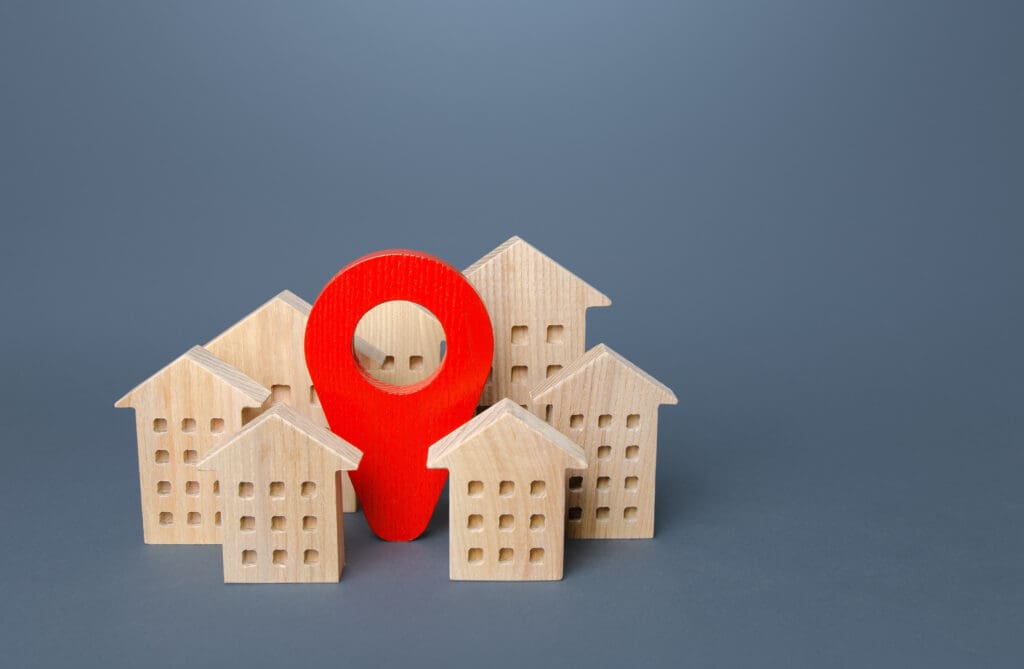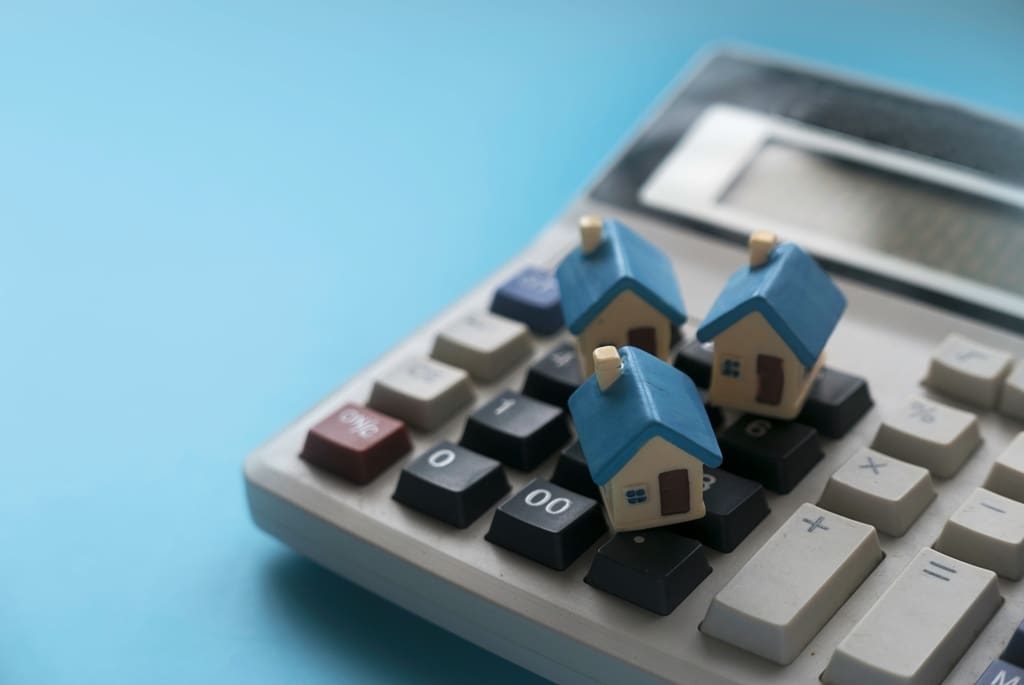Are you gearing up to sell your home and want to ensure you get the best value for it? Setting the right asking price is a crucial step in the home-selling process. In this ultimate guide, we’ll walk you through the key factors to consider, helping you navigate the intricate world of real estate pricing.
1. Market Research is Key:
Begin by researching the current real estate market in your area. Analyze recent sales of similar properties to get an understanding of the price range.
2. Consider Your Property’s Unique Features:
What makes your home stand out? Highlighting any unique features or recent upgrades can make all the difference between your home and the competition. Recent renovations, smart home features, or other features can justify a higher asking price.
3. Factor in Location:

The neighborhood and location of your property play a significant role in determining its value. Proximity to amenities, schools, and public transportation can influence the asking price.
4. Be Mindful of Comparable Properties:
Look at properties with similar square footage, number of bedrooms, and amenities. This will help you gauge a competitive yet realistic asking price.
5. Consult with Real Estate Professionals:
Seeking advice from experienced real estate agents or appraisers can provide valuable insights. They can offer a professional opinion on the current market trends and help you set a strategic asking price. They are also experts at negotiation and marketing so they can provide advice and resources you won’t have access to selling on your own.
6. Calculate the Cost of Selling:

Consider the costs associated with selling your home, such as agent commissions, closing costs, and potential repair expenses. Factor these into your asking price to ensure a profitable sale. While it may seem to be a good idea to skip hiring an agent to avoid paying commission, having an agent in your corner typically results in higher profits and a significantly smoother closing.
7. Be Open to Negotiation:
Setting a slightly higher asking price than what you’re willing to accept allows room for negotiation. Buyers often expect to negotiate, so keep this in mind when determining your initial asking price.
8. Timing Matters:
Take into account the season and current market conditions. Some times of the year may be more favorable for selling, influencing your asking price strategy.
By following these guidelines, you’ll be well-equipped to set the right asking price for your home. Remember, finding the sweet spot is a delicate balance between attracting potential buyers and maximizing your property’s value.
#HomePricing #RealEstateTips #PropertyValuation
